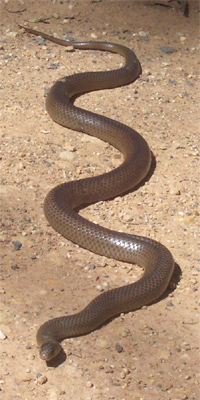
(Photo: Peter Woodward)
February 18, 2025
Queensland Health is urging the public to stay alert for snakes following a sharp rise in snake bite cases.
Emergency department presentations for snake bites rose by 15 per cent last year compared with 2023 figures, going from 1094 presentations in 2023 to 1257 in 2024 (see table, below).
In December alone, public hospital emergency departments recorded 160 presentations related to snake bites.
Summer always brings increased snake activity and resulting spikes in hospital visits but in 2024, the summer peak was larger and lasted longer than the previous year.
Queensland is home to around 120 species of snakes, many of which possess venom and some of which are very dangerous to humans and pets if bitten.
According to Queensland Health, the most dangerous snakes include brown snakes, taipans, red-bellied black snakes, death adders and tiger snakes.
“If you’re in an area where snakes might be found, it’s important not to surprise them – make some noise, and watch where you step or put your hands. Be sure to wear protective clothing such as boots and jeans,” clinical toxicologist Dr Emma Maguire said.
“Don’t approach a snake. Leave it alone and call a professional snake catcher. Snakes will feel threatened if you try and move them and may bite.”
Dr Maguire warned that some of the most dangerous snake bites can cause very little pain at the bite site.
In particular, this is seen with brown snake bites. This can make it easy for people to underestimate the seriousness of the injury.
“Even if the bite doesn’t hurt, it’s crucial to seek immediate help, as snake venom can have life-threatening effects,” Dr Maguire said.
“If you’re bitten by a snake, stay calm and call an ambulance immediately.
“If a limb has been bitten, apply a firm bandage over the entire limb and immobilise it. Avoid moving around or running as this will increase venom spread – just sit somewhere safe and wait for help to arrive.
“Do not try to catch the snake or bring it to the emergency department! We can still treat you effectively without definitively identifying the exact snake species.”
In south-east Queensland, the most common snake antivenoms used are for brown and tiger snakes. Outside of this geographical area, the range of snakes is much larger, particularly with the presence of taipans, and so polyvalent antivenom is usually given.
* * *
Queensland public hospital emergency department presentations due to snake bites for 2023 and 2024:
| Month | 2023 | 2024 |
| January | 118 | 159 |
| February | 119 | 155 |
| March | 171 | 151 |
| April | 90 | 124 |
| May | 55 | 87 |
| June | 40 | 48 |
| July | 21 | 35 |
| August | 46 | 44 |
| September | 73 | 102 |
| October | 114 | 96 |
| November | 100 | 96 |
| December | 147 | 160 |
| Total | 1094 | 1257 |
* * *
Snake Bite First Aid
If you are with someone who has been bitten by a snake, and they are unresponsive or not breathing normally, call 000 and start resuscitation (CPR).
If you experience a snake bite or suspected snake bite, you should:
- Call 000 for an ambulance for transport to the emergency department of the nearest hospital – do not drive yourself
- Move away from the snake, then sit still or lie down
- If the bite is on an arm or leg, apply a firm bandage over the bite site, and then over the whole limb, as tight as you would apply to a sprained ankle
- If possible, immobilise the limb using a splint. Any rigid object may be used as a splint, eg. a spade, piece of wood or rolled up newspapers etc.
It is very important NOT to:
- Panic or run around – this will increase venom spread in your system
- Use a tourniquet, as this can stop the flow of blood to the limb and can be dangerous if left on too long
- Cut or suck the venom from the wound
- Try to catch or kill the snake.
If you are near a person who has a snake bite or suspected snake bite, you should:
- Help to co-ordinate the ambulance services and stay with them until it arrives
- Help them apply the bandage and immobilisation splint
- Help to keep the person calm and still, lie them down if possible
- If the patient becomes unconscious, start CPR (cardiopulmonary resuscitation).
For more information about snake bite first aid, visit the Queensland Poisons Information Centre







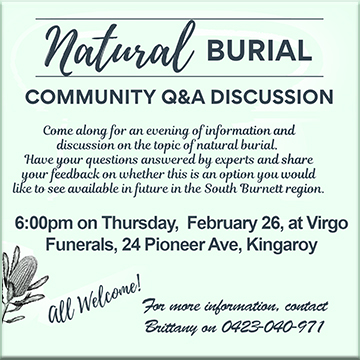







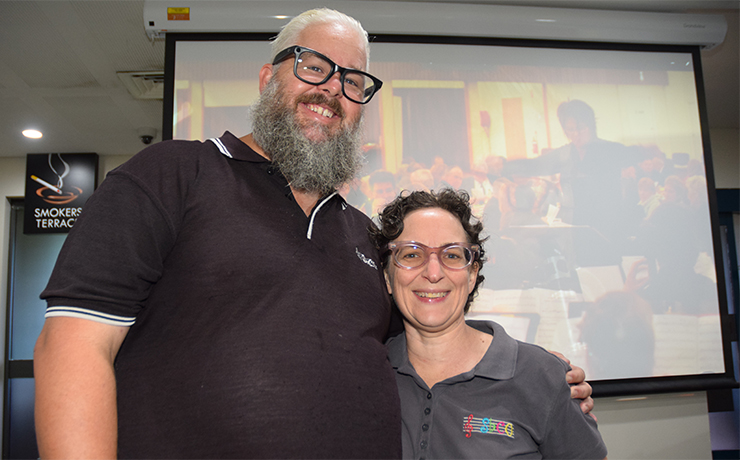

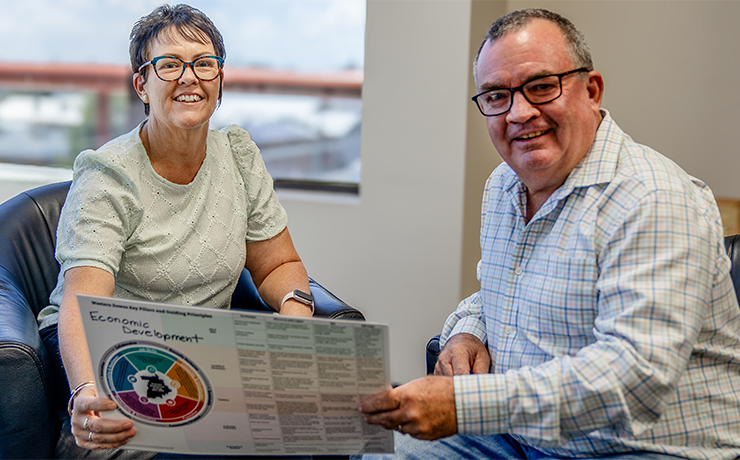
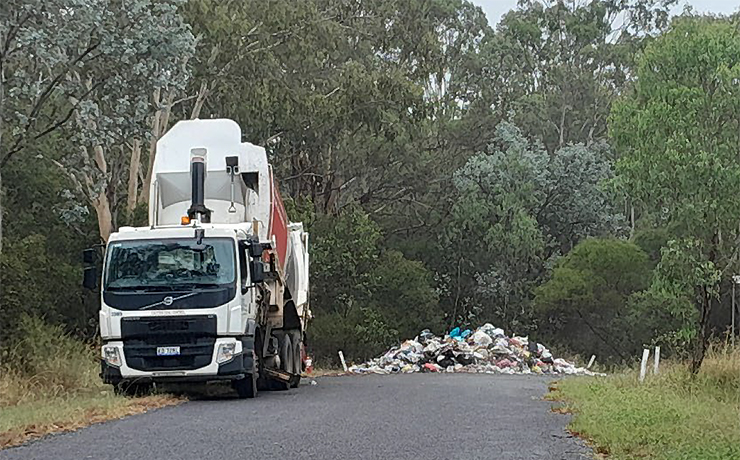



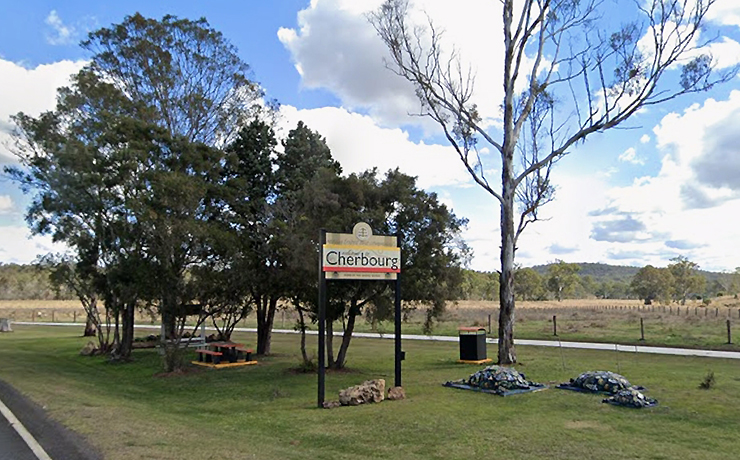



Does anyone know what to do if bitten by a snake when by oneself? Especially when out of mobile phone range. Everything I have read says to stay still.